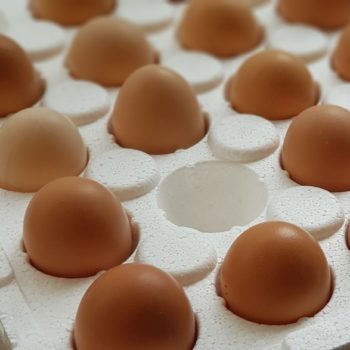Archive for 'English Grammar'
Let’s Talk About a Stick Posted by Gary Locke on Jan 6, 2022

Stick is an English word that can be both a noun and a verb. As a noun, it can be, as the image above implies, a dog’s toy that was once a part of a tree. It can also be another name for a billiard cue, a golf club, a baseball bat, a car’s gear…
The English Language Blogs of 2021, Part 2 Posted by Gary Locke on Dec 30, 2021

We’re going to continue our wander through memory lane, reviewing the ten most engaging and popular English language blogs of 2021. The list is based on your response to them. These were the blogs that were opened the most, clicked on, and commented upon. Today, we’re counting down the top five. You can find the…
Looking Back on the Blogs of 2021, Part 1 Posted by Gary Locke on Dec 23, 2021

I’m sure that I don’t have to spend any time describing the past year. We’ve all lived it. Congratulations on that, by the way. Just surviving this year has been an accomplishment, as it was for 2020. But, I’m not here to talk about politics, science, or economics. The purpose of this blog is to…
Strange Combinations Posted by Gary Locke on Nov 11, 2021

When two or more words are combined to form a new word with a different meaning, we get a compound word. There are three types of compound words. They can be closed compounds, joined into one word, like soundproof. Closed compounds are almost always the combination of only two words. They can be open compounds…
Commonly Used English Alliterations Posted by Gary Locke on Sep 30, 2021

Let me tell you a secret about English speakers that many of us don’t even realize. We love to speak in alliterations. We can’t help it. Our language is filled with alliterative phrases that we use every day. Even for those who don’t know what alliteration is. Understanding Alliteration I found myself the other day…
Coulda/Shoulda/Woulda Posted by Gary Locke on Sep 9, 2021

There are three common English verbs that everyone knows but many misuse: could, should, and would. All three verbs are in the past tense. All three are modal verbs. And all three, being past tense, are commonly paired with the auxiliary verb have – usually as a contraction. But they will mess you up. Could…
Fewer, Less, and Knowing the Difference Posted by Gary Locke on Sep 3, 2021

In English, we use quantifiers with our nouns all the time. A quantifier describes the number or amount of something within a phrase. Unfortunately, many English speakers confuse their quantifiers, using one when they should use another. Do you mean fewer of something or less of something? This is because many quantifiers are not specific…


